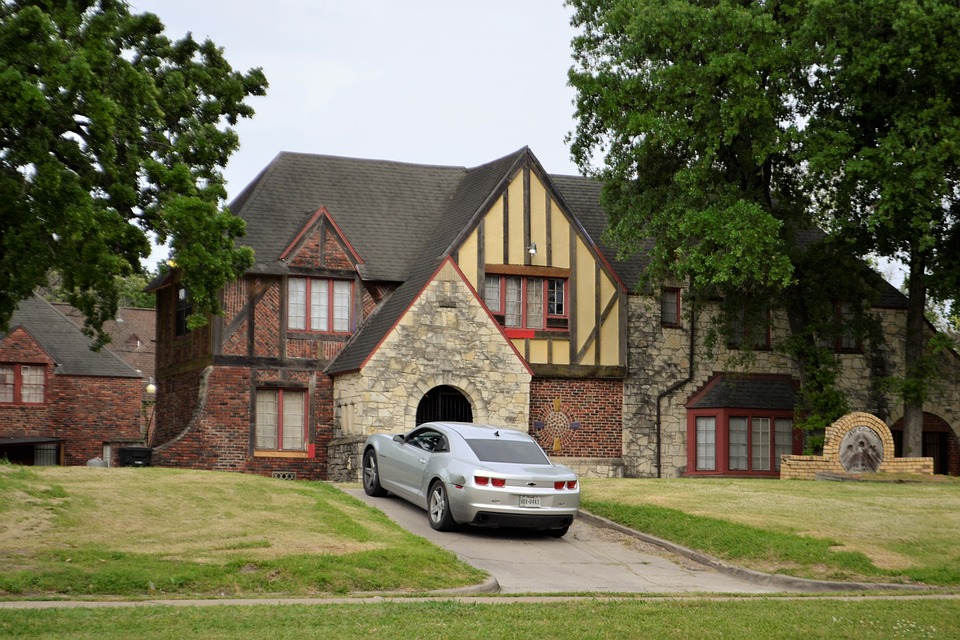A building could be a commercial or residential structure. When it comes to commercial building insurance valuation, business property insurance firms employ two unique methods to determine the property’s value: replacement cost and actual cash value. Replacement cost denotes the amount needed to replace destroyed or damaged property with fresh structures, furnishings and equipment. ACV, on the other hand, is the property’s replacement cost, minus depreciation accumulated for wear and age.
When determining value of the real property of your company, you could want to cover it for its market value or tax. However, you must also seriously contemplate insuring it for its replacement value, as replacement costs have gone up in most parts of the country and the world despite market values dropping. Also, several business experts agree replacement cost insurance is much better compared to actual cash value insurance, even though the former’s costs could be more.
Determining Property Worth
While some insurance companies may let you insure the property for less than 100 percent of its replacement cost, it isn’t always the best thing to do. Based on your insurance company and business owners policy, you could have the ‘co-insurance penalty’ clause. This means you would end up paying a penalty if you do not report your building insurance valuation correctly or do not insure the total replacement value.
For instance, if the value of your building is $400,000 and your co-insurance value is 90 percent, you would be insured for 90 percent of the replacement value of the building, which would be $360,000. If your property is covered for 50 percent of the co-insurance sum ($180,000), you would get reimbursements for only 50 percent of the loss. In other words, if the loss you sustained is $60,000, you would only get $30,000.
Other Considerations
Review your insurance cover on the anniversary date of your policy and make necessary changes to make sure you have appropriate and adequate levels of cover.
Besides basic business property cover, you should also ponder a law endorsement or annexing a property ordinance. In the case of a large loss, you would be compensated for the costs associated with replacing or repairing destroyed or damaged property to stay abreast with existing ordinances and local building codes, which could have changed after your structure was built.
If you have made changes to your property structurally, such as a loft conversion or a new extension, they would likely affect your property’s rebuild cost. And if your building insurance doesn’t increase to match, you may end up inadequately insured, left to handle the difference on your own if anything untoward happens.





